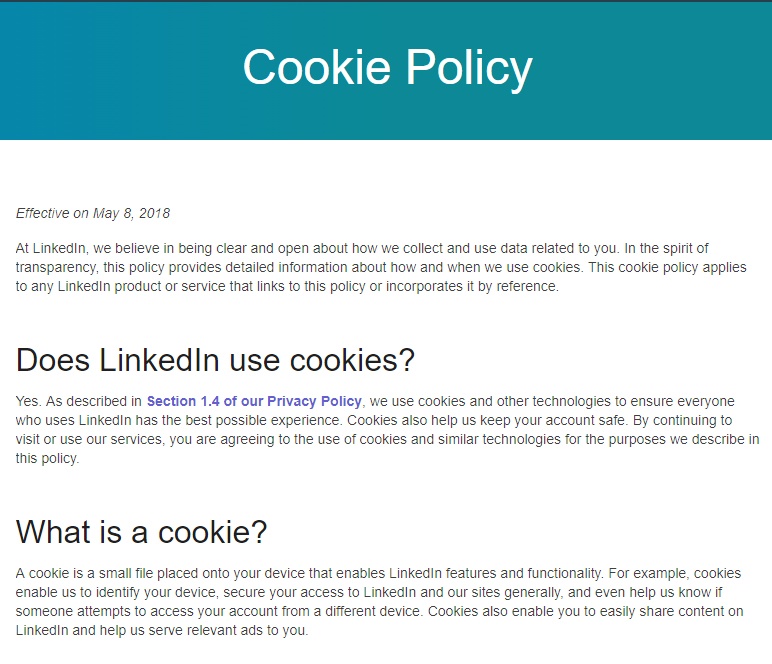Introduction
In the digital world, privacy is a significant concern for users and businesses alike. Cookies play a vital role in allowing websites to personalize content, track user behavior, and provide an improved browsing experience. In the United States, there are several regulations governing cookie usage on websites. This article will discuss the concept of cookie policies and their implementation in the US.
What are Cookies?
Cookies are small text files stored on a user’s computer when they visit a web page. They can remember information such as login credentials, website preferences, and items within a shopping cart. Although not all cookies collect personal information, they can help create user profiles based on browsing habits.
Importance of Cookie Policies
Cookie policies are essential for outlining how cookies are used on your website and the data collected through them. This information helps users understand how their data is used and ensures transparency between your business and its audience. Moreover, adhering to cookie policies also helps protect your website from potential legal issues surrounding privacy laws.
Cookie Policy Regulations in the United States
Unlike the European Union’s General Data Protection Regulation (GDPR), there is no single central regulatory law addressing cookie policies in the US. However, various privacy laws touch upon data collection practices, including cookies:
1. The Federal Trade Commission Act (FTC Act): While it does not specifically address cookies, the FTC Act prohibits deceptive or unfair online practices. Organizations can face penalties for misusing consumer data obtained through cookies or failing to disclose their data collection practices.
2. The Children’s Online Privacy Protection Act (COPPA): This law focuses on children’s privacy and requires operators of websites or online services targeting children under 13 to implement specific data protection measures. The use of cookies must be disclosed in these cases, and parental consent is required for collecting personal information.
3. State-specific privacy laws: California has led the way by implementing the California Consumer Privacy Act (CCPA). It requires businesses to disclose their data collection practices, including cookie usage. If your website serves California residents, you must comply with CCPA and include a cookie policy. Additional states may have similar laws.
Creating a Cookie Policy for Your Website
To create a compliant cookie policy, consider the following tips:
1. Detail the types of cookies used: Explain the different categories of cookies used on your website (e.g., strictly necessary, performance, functionality, and targeting/advertising cookies).
2. Describe their purposes: Clearly state how each category of cookies is utilized on your website.
3. Provide an opt-out option: Inform users about their right to control and delete cookies using browser settings or third-party tools.
4. Regularly update your policy: Keep your cookie policy updated and review it periodically to ensure compliance with evolving privacy laws.
Conclusion
Incorporating a cookie policy on your website is key to maintaining transparency and trust with your users. While there is no federal regulation specifically governing cookies in the United States, being aware of pertinent privacy laws and implementing a thorough policy can help safeguard your organization from potential legal issues and maintain consumer confidence.





